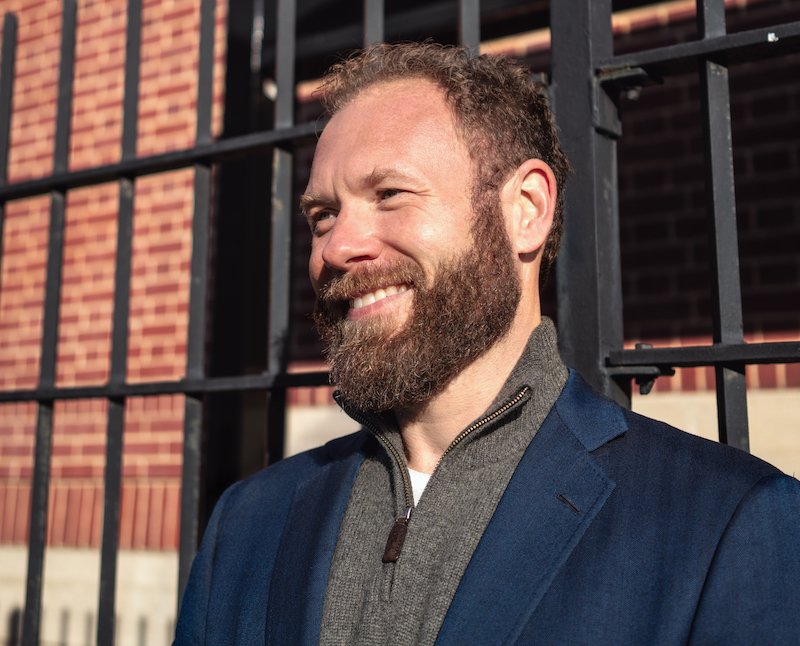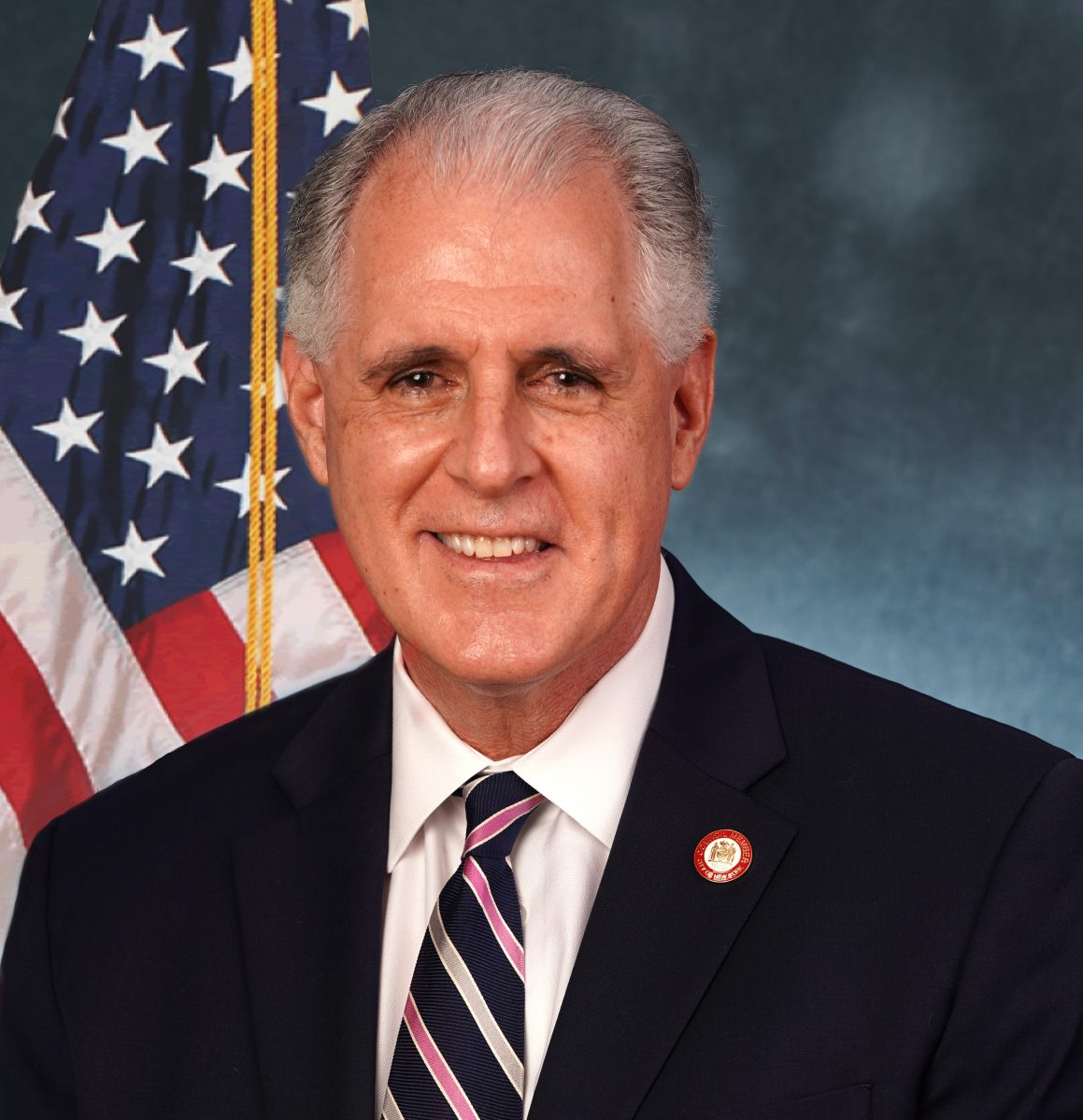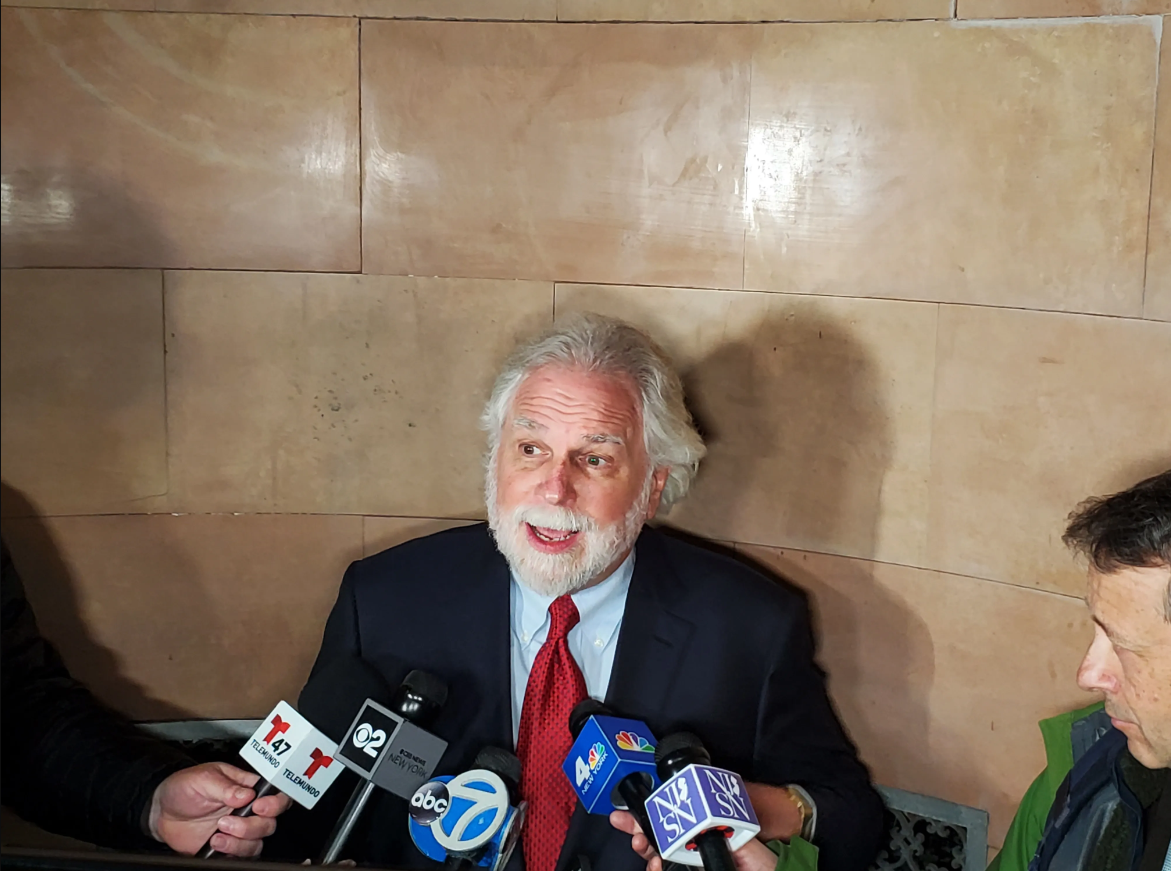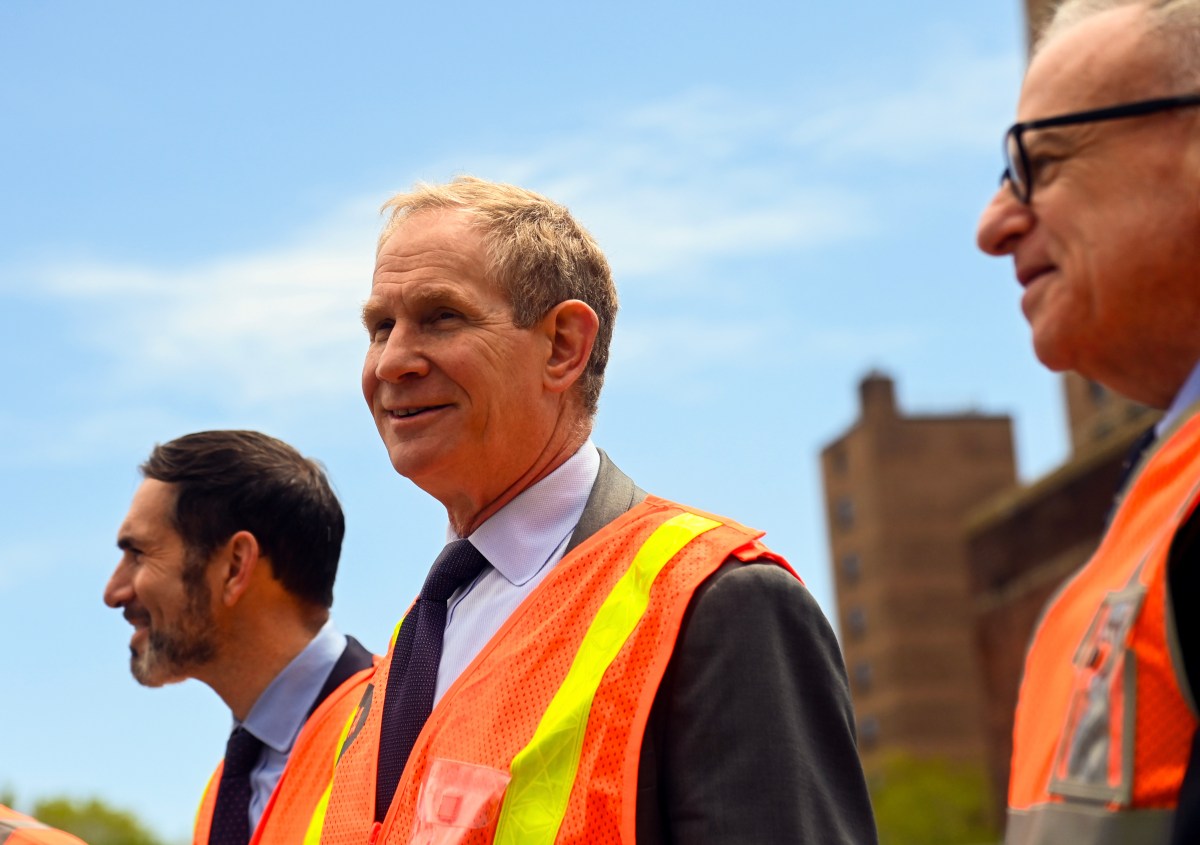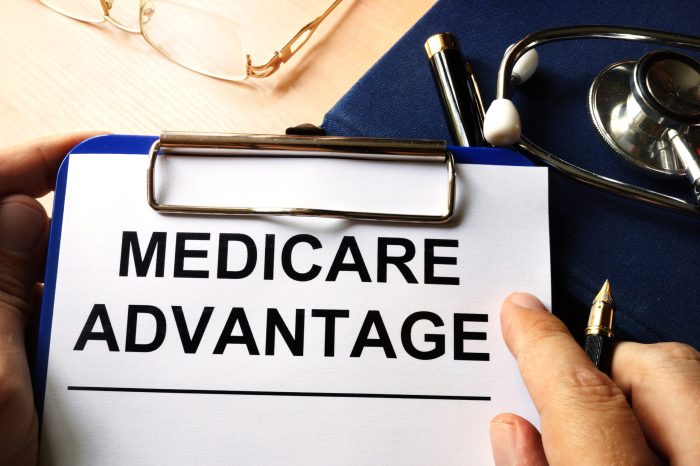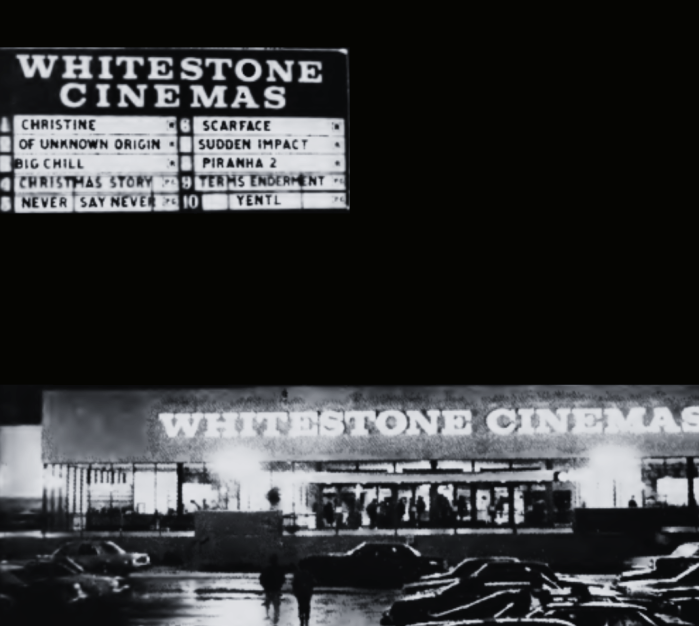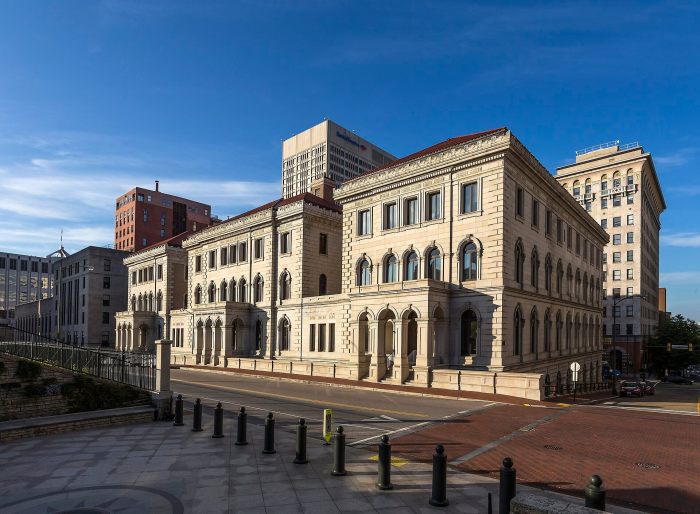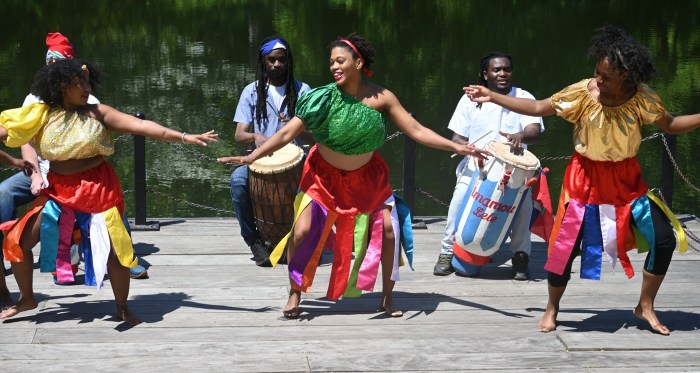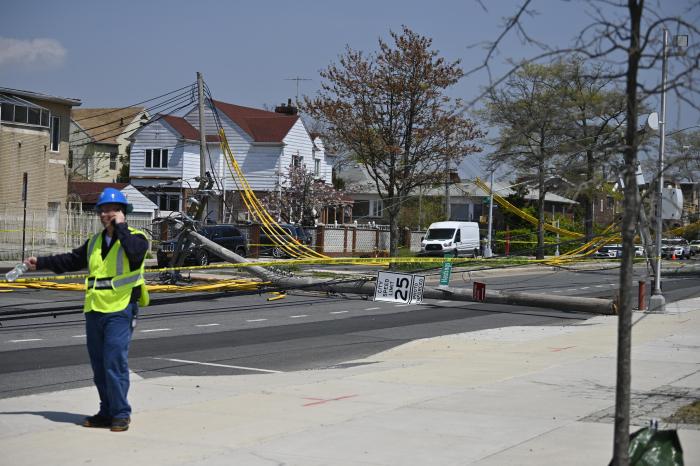As a candidate for public office, I spent the weeks and months before the COVID-19 outbreak knocking on our neighbors’ doors, listening to the hopes, needs, and aspirations of the folks who make up the communities I know and love here in Bed-Stuy and Crown Heights.
Every person who was generous enough to speak with me shared parts of their story, sometimes the most challenging parts. I met a mother who lost two children to gun violence, one of whom was killed by the police. I talked to a retired city official who proudly spent more than 30 years working in the mayor’s office. She now lives in public housing while paying hundreds of dollars out of pocket for medication every month. Our neighborhood is rich with stories of triumph, challenge, heartbreak, and survival.
Each of these stories reminds me of a fundamental truth: our government rarely prioritizes our neighbors with the greatest needs. And, If that wasn’t obvious before, it’s impossible to ignore now, as we are in the midst of two crises.
Our first crisis is public health related. Within days, New York’s healthcare system will be overwhelmed as demands for hospital beds, respirators, personal protective equipment, and personnel skyrocket. We’re already seeing the strains at Woodhull Hospital in Bed-Stuy, where heroic frontline medical workers are keeping us safe everyday. The second crisis is economic, as our neighbors and family members will continue to lose their livelihoods and the ability to pay for housing, groceries, and medicine as long as the health crisis keeps people from spending money. But, New York can take steps now to limit the ever-accelerating economic, public health, and social crises acutely facing Brooklyn.
First, the state must enact universal rent suspension, the duration of which should be pegged to the recovery of jobs lost during this crisis. Our neighbors most vulnerable to losing their jobs earn hourly wages, frequently in the gig economy. The vast majority do not have the savings to weather this crisis while remaining in their homes. The average low-income family has just $700 saved. That’s not even a month of rent anywhere in New York City.
We don’t just need a rent suspension to protect the poor — we need it to protect the middle class, two-thirds of whom have less than six weeks worth of take-home pay saved. This crisis could easily last until the summer, and universal rent suspension would stop families from hemorrhaging money. As the economic crisis gets direr, no one should be forced to choose between food, shelter, and medicine. And, by coupling rent suspensions with similar measures for mortgages, we can protect renters while also protecting our neighbors who own and live in multi-family homes.
Second, people in the state’s prisons and jails are at considerable risk of contracting the disease, including those elderly incarcerated folks who are serving unjustly long sentences. The state must immediately free anyone who is over 50 years old, in a high-risk group, jailed due to parole violations, or has less than a year of sentenced time. We know that most of the people currently held in jails pose no risk to public safety as they await trial. Unnecessarily forcing individuals to remain in cages, with limited basic necessities, will only worsen these humanitarian and public health catastrophes. Furthermore, the state must immediately release the vast majority of undocumented immigrants from prisons and detention centers, a position that unpredictably unites both public health experts and the former head of ICE.
With outbreaks of COVID-19 in local detention centers — including almost 84 cases on Rikers Island alone — the threat of mass infection among people who are incarcerated increases every day. Mothers and fathers will unnecessarily die from exposure to COVID-19 unless District Attorneys from across the state immediately begin the decarceration process. Not to mention, now is the worst possible time for Governor Cuomo to waste legislative time and political capital rolling back hard-won reforms to the unjust cash bail system that feeds our bloated, inhumane jails.
Finally, we need to make sure that aid gets distributed — quickly — to the people that need it most. In the last two weeks, my campaign has shifted our entire focus from traditional electoral politics to ensuring our neighbors are supported during this crisis. We’ve transitioned from raising money for palm cards and digital ads, to raising money for #BrooklynShowsLove, a movement led by long-standing organizers in Central Brooklyn. We’re also working with newly engaged groups of volunteers, like Bed-Stuy Strong, while leveraging our campaign infrastructure to conduct proactive outreach to our community’s seniors and public housing residents.
New York State should follow the lead of community organizers on the ground, by directing federal and state stimulus funding to mutual aid organizations that can most effectively distribute resources at a local level. We cannot rely upon the existing government infrastructure alone to provide lasting support to New Yorkers. If we’re not smart about how we direct our resources, we will end up neglecting those among us with the highest needs. A simple example: how will a New Yorker who is homeless, with no access to a bank account, receive and cash a $1,200 check from the federal government?
Mutual aid organizations are able to directly connect to people whom the government is unable to reach, such as New Yorkers who are justifiably distrustful of a government that has failed them time and time again; New Yorkers who are undocumented and wary of giving any personal information to a government agency; or New Yorkers who are without homes.
Our campaign is focusing on these three issues – housing justice, decarceration, and direct cash assistance at the hyper-local level – because the economic and social costs of this crisis will be most palpable in historically marginalized communities. Those communities already face limited healthcare options, mass displacement through gentrification, over-policing, food insecurity, and glaring financial inequality. But, if New York takes the radical and necessary steps needed to protect Bed-Stuy and Crown Heights residents, we can build a new policy framework that helps to eradicate injustice now and after this crisis.
By grounding our leadership in our values, mutual aid, and real policy change, we will not just serve our communities in this moment here and now. We will continue to bend the arc of the universe towards justice.
Justin Cohen is a Democratic candidate running for the open 56th District Assembly Seat covering Bedford-Stuyvesant and Crown Heights. To learn more about him visit here. The primary is slated for June 23.


